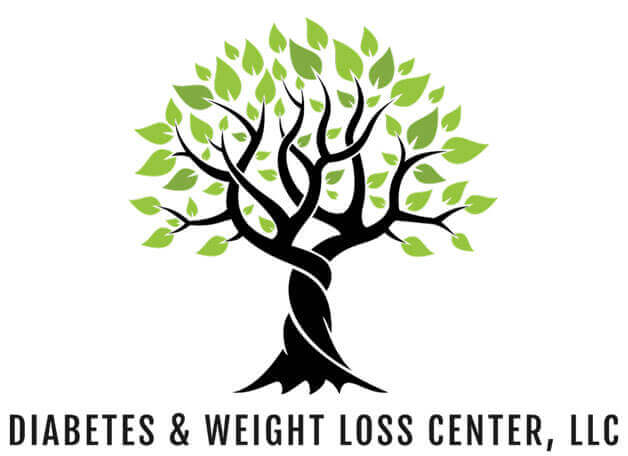Hypothyroidism is a metabolic disorder involving the butterfly-shaped thyroid gland at the base of the throat. Characterized by weight gain and sluggishness, low thyroid function can be managed.
Not surprisingly, physical activity helps, but exercise must be carefully incorporated into daily life. Let’s explore details on hypothyroidism, treatments and the impact of physical activity.
Symptoms of Hypothyroidism
Hypothyroidism has several disruptive symptoms. Affecting more adult women than men, hypothyroidism causes the following symptoms:
- Fatigue
- Weight gain
- Sluggish digestion and constipation
- Hair loss
- Decreased libido
- Insomnia and other sleep disturbances
- Poor concentration and memory
- Low libido
- Irregular menstruation
- Anxiety and depression
- Dry skin
- Cold hands and feet
- Hair thinning and loss
All signs and symptoms stem from a shortage of two key hormones. One is T4, or thyroxine. The other is T3, or triiodothyronine.
T3 influences bone formation as well as other metabolic processes, such as use of key nutrients and elimination of toxins. T3 is also affected by T4 levels, so they are closely linked.
Thyroid hormones can be detected through a simple blood test. Lower levels indicate thyroid disease, such as the aforementioned Hashimoto’s thyroiditis or hypothyroidism. This is an autoimmune disorder that is very common and is the number one cause of hypothyroidism in the US. The cause of Hashimoto’s is often related to genetic factors or environmental triggers such as infection, stress or radiation exposure.
Treatment For Hypothyroidism
Many people experienced significant improvement in their symptoms when they take replacement thyroid hormone medication. Dosages may need to be adjusted, but usually the replacement therapy is successful.
People with hypothyroidism typically need medication for the rest of their lives. Those who have had their thyroid removed also need medication for the rest of their lives. As such, frequent monitoring of symptoms and blood work is very important.
Physical Activity and Its Impact on Treatment
Physical activity and a regular program of exercise is important to everyone, including thyroid patients. However, maintaining an active lifestyle can be challenging to people struggling with hypothyroid symptoms, particularly because of the persistent fatigue. In fact, some healthcare providers recommend no exercise for their patients while they’re adjusting to medication. Exercise should resume once the patient starts to see improvements from medication.
However, for the majority of thyroid disease patients, physical activity is important from day one. It helps raise energy levels, regulate metabolic processes and controls body weight. People experience fewer sleep problems with regular exercise, too.
So, thyroid patients should follow their healthcare providers’ advice for physical activity. In fact, it can be helpful to work with an athletic trainer or exercise physiologist. They help thyroid patients understand what kind and what level of activity would benefit each individual best.
Common recommendations for thyroid health and exercise are:
- Use a fitness tracker on your phone or smart watch to assess your heart rate and breathing. Slow down or stop if you develop shortness of breath.
- Start any new exercise routine slowly, particularly if you are not used to being physically active.
- Pace yourself. Set small, manageable goals and adjust up or down as tolerance allows.
- Exercise with a partner. This provides accountability, routine and encouragement when you are feeling less motivated or physically energetic.
- Stretch before your walk or workout. Take five minutes to warm up your muscles and get limber.
- Any physical activity is better than none. So, park your car further from your workplace, home or supermarket, and walk. Take stairs rather than an elevator if you can.
- Get busy with household chores. Gardening, cleaning the basement and shopping for your groceries (rather than using a delivery service) count as physical activity.
- Aim for 150 minutes of moderate exercise weekly or half that amount if the activity is vigorous. But remember, build up to it gradually.
- Select exercise which also promotes positivity and calm. Yoga is a prime example
- Rest if you feel fatigued as recovery time is important.
Hypothyroidism Treatment in Central Florida
At Diabetes & Weight Loss Center in Oviedo, FL, our lead provider and founder is nurse practitioner, Adriel Perez. Our practice is health-oriented, patient-centered and focused on evidence-based treatment plans which optimize health and well-being.
If you would like to learn more about how to live well with hypothyroidism, call us for an in-office consultation at (407) 890-1876, or request your appointment here.


